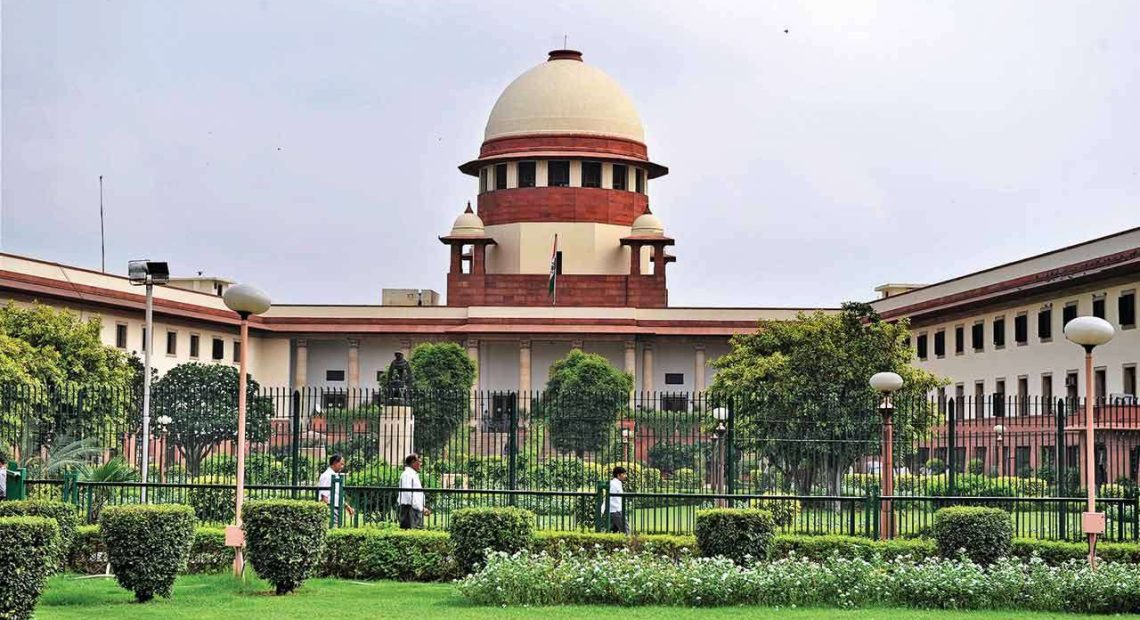
Supreme Court Flags Gaps in Arbitration Bill 2024
In a significant development, the Supreme Court of India has urged the Ministry of Law and Justice to revisit and amend the proposed Arbitration and Conciliation Bill, 2024. The apex court expressed concerns over persistent procedural ambiguities in the arbitration framework, particularly the absence of statutory provisions allowing arbitral tribunals to include non-signatory parties in proceedings.
A bench comprising Justices J.B. Pardiwala and R. Mahadevan highlighted that the proposed bill fails to address longstanding issues that have plagued the arbitration regime since the enactment of the Arbitration and Conciliation Act, 1996. Despite numerous judicial pronouncements emphasizing the need for clarity, the bill does not provide explicit provisions for the impleadment or joinder of third parties in arbitral proceedings.
The court’s observations were made during a case involving the question of whether a non-signatory company could be joined to arbitration proceedings under the “Group of Companies” doctrine. The bench noted that the lack of statutory recognition for such joinder powers leads to confusion and inconsistent judicial interpretations, undermining the efficiency of arbitration as a dispute resolution mechanism.
Emphasizing the urgency of reform, the Supreme Court urged the Department of Legal Affairs to take a serious look at the prevailing arbitration regime and incorporate necessary changes while the Arbitration and Conciliation Bill, 2024 is still under consideration. The court’s intervention underscores the importance of a robust and clear legislative framework to bolster India’s position as a global hub for arbitration.
Legal experts and stakeholders in the arbitration community have welcomed the Supreme Court’s proactive stance, viewing it as a pivotal step towards enhancing the credibility and effectiveness of arbitration in India. As the bill awaits parliamentary scrutiny, the court’s recommendations are expected to influence legislative deliberations and lead to a more comprehensive and coherent arbitration law.


















